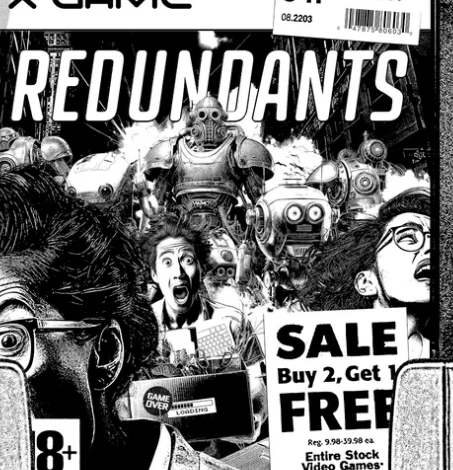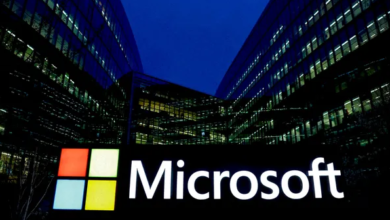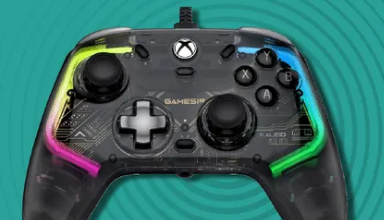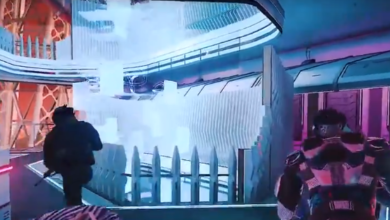
The article from WIRED explores the Game Over growing impact of generative AI on the gaming industry, particularly highlighting its implications for job security among game artists, developers, and designers. It outlines how major companies like Activision Blizzard have begun integrating AI tools like GPT-3.5 into their workflows, initially for internal use in concept art and marketing but later expanding into public-facing applications.
Game Over
The narrative follows the anxieties and uncertainties felt by employees, such as Noah (a pseudonym), who fear that AI adoption will lead to job losses and a devaluation of human creativity in game development. Despite reassurances from company executives like Activision Blizzard’s Michael Vance and CEO Bobby Kotick, who emphasize the positive potential of AI, many employees remain skeptical and worried about their future.
The article draws attention to the broader context of job automation in the gaming industry, exacerbated by recent waves of layoffs totaling thousands of employees. It discusses how generative AI is seen as a cost-cutting measure by some executives, potentially replacing or augmenting roles traditionally held by human artists and designers.
Moreover, the article touches on the ethical concerns surrounding AI’s use in creative industries, including issues of copyright infringement and the ethical implications of AI-generated content. It contrasts different company approaches: some, like Blizzard, are cautious or resistant to widespread AI adoption, while others see it as an opportunity to streamline workflows and reduce costs.
The overall tone is one of apprehension and division within the industry, with workers, artists, and developers expressing mixed feelings about the role of AI in reshaping their profession. The article underscores the complexities and uncertainties faced by those working in an industry where technological advancements threaten to reshape both the creative process and the job market itself.
No related posts.




